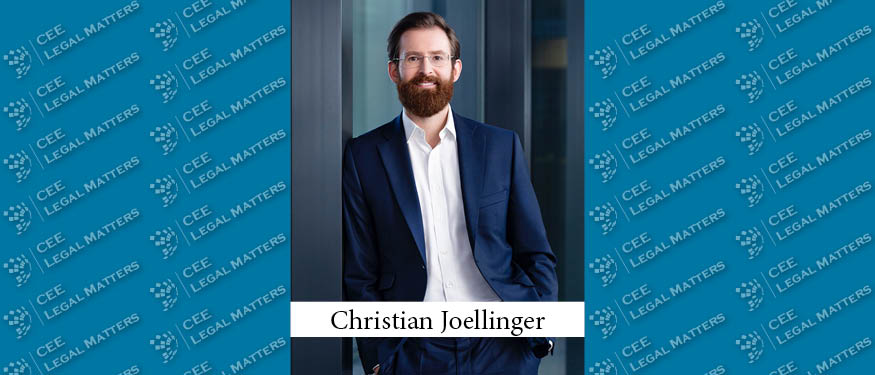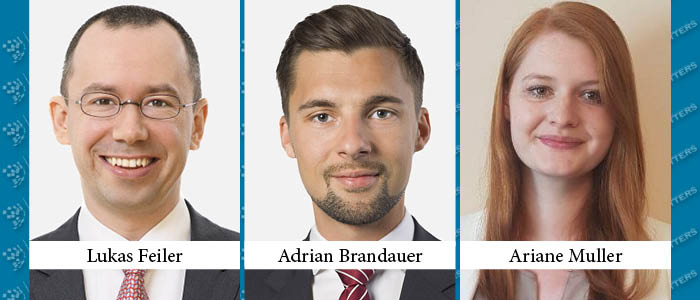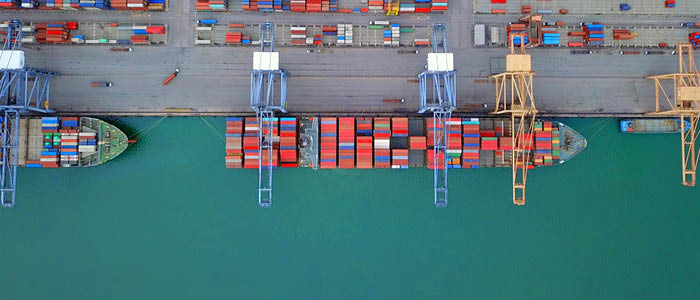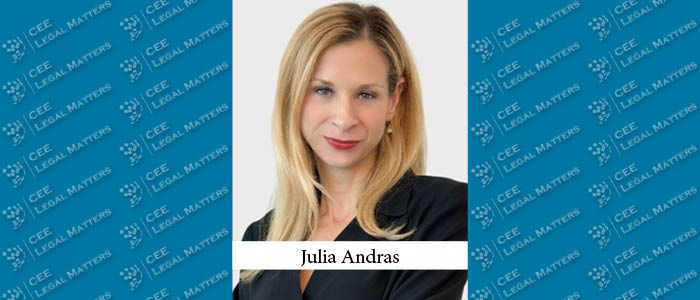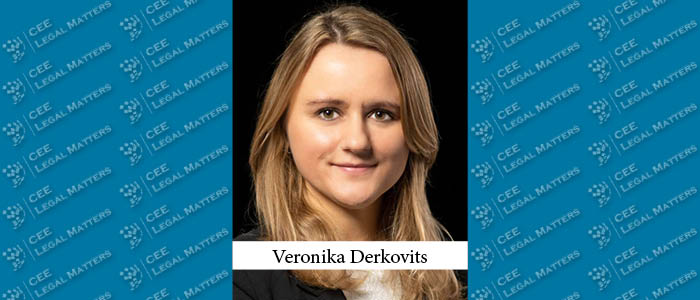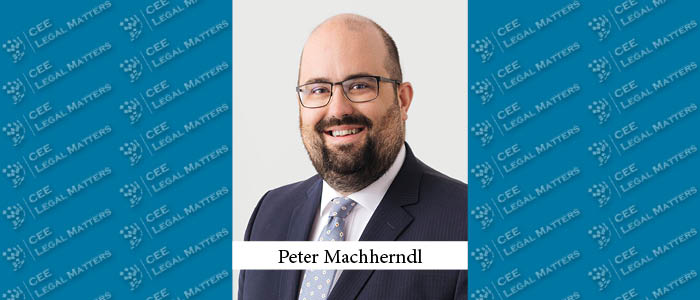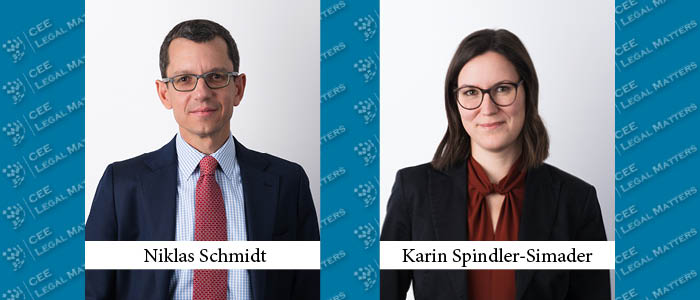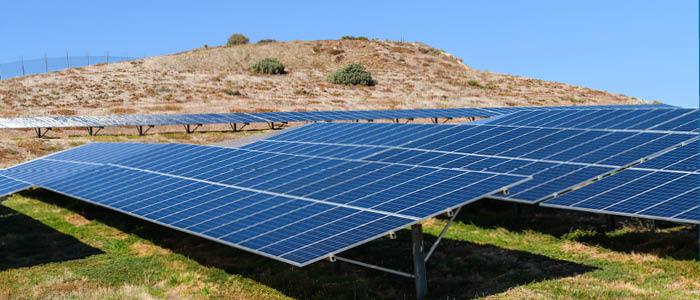Former Freshfields Bruckhaus Deringer Attorney at Law Christian Joellinger has joined E+H in Vienna as a Partner.
The Protection of Gender Identity Under the GDPR
Although gender identity does not constitute sensitive data under the GDPR, its legal protection is nevertheless very robustly designed. Companies that choose to disregard it may face claims for damages and fines.
Closing: Sale of Cargo-Partner Subsidiaries to Nippon Express Now Closed
On January 4, 2024, Boyanov & Co announced that the EUR 1.4 billion sale of Cargo-Partner subsidiaries to Nippon Express (reported by CEE Legal Matters on May 17, 2023) had closed.
Julia Andras Joins SMS Law as Partner
Former LGP Managing Partner Julia Andras has joined Schima Mayer Starlinger in Vienna as a Partner in the firm's Litigation department.
Schoenherr Advises HID on Acquisition of ZeroSSL
Schoenherr has advised the HID Global Corporation on its acquisition of all shares in ZeroSSL.
Veronika Derkovits Makes Junior Partner at KWR
Veronika Derkovits has been promoted to a Junior Partner position with KWR Karasek Wietrzyk Rechtsanwaelte in Vienna.
Peter Machherndl Makes Partner at Pitkowitz & Partners in Vienna
Peter Machherndl has been appointed a Partner with Pitkowitz & Partners in Vienna.
Maria Grabner, Lukas Lanzerstorfer, and Nina Sterzl Make Partner at Vavrovsky Heine Marth
Maria Grabner, Lukas Lanzerstorfer, and Nina Sterzl have been appointed as Partners with Vavrovsky Heine Marth in Vienna.
Regulating a Revolution: AI-Driven Innovation in CEE and Beyond
With artificial intelligence dominating tech conversations over the last year and with a draft AI Act being looked at by the EU, CMS Partners Dora Petranyi, Gabriela Staber, Klaus Pateter, and Olga Belyakova look at where AI is today and how European legislation might impact its future.
Austria: The Start-Up Promotion Act (Start-Up-Foerderungsgesetz)
At the end of May 2023, the Austrian Ministry of Finance issued a new draft law. The Start-Up Promotion Act is intended to create a new regulation for start-up employee shareholdings that should apply to shares surrendered on or after January 1, 2024.
Binder Groesswang and E+H Advise on Anadi Bank's Transfer of Carinthian Network and SME Business to Grawe
Binder Groesswang has advised Anadi Bank on transferring its Carinthian branches with around 42,000 retail customers, 250 SME customers, and a business volume of just under EUR 1.7 billion to Grawe Banking Group's Bank Burgenland. E+H advised Grawe.
GHS Legal Rebrands to FairSquare
Slovakia-headquartered GHS Legal has announced it is changing its name to FairSquare.
Binder Groesswang Advises Bosch Power Tools on Acquisition of 49% Stake in FerRobotics
Binder Groesswang has advised Bosch Power Tools on the acquisition of 49% of the shares in FerRobotics Compliant Robot Technology from Ronald Naderer and Berndorf. Denkmair Hutterer Huettner Waldl reportedly advised the sellers.
Schoenherr and Glodeanu & Partners Advise on Kommunalkredit Financing for INVL Solar Plants in Romania
Schoenherr has advised Kommunalkredit Austria on a EUR 25 million loan to the INVL Renewable Energy Fund I to finance the construction of solar power plants with a total capacity of 51 megawatts in Romania. Glodeanu & Partners advised the INVL fund. Sorainen reportedly advised Kommunalkredit as well.
Schoenherr Advises Ceres Pharma on Acquisition of Innopharm & VitaPlus in Hungary
Schoenherr has advised Ceres Pharma on the acquisition of the Hungarian pharmaceutical companies VitaPlus and Innopharm, including their Innopharm Austrian subsidiary.
Wolf Theiss Advises AMS-Osram on Capital Increase and Bond Issuance
Wolf Theiss has advised AMS-Osram on the implementation of the company's refinancing plan with a volume of approximately EUR 2.2 billion.
Brandl Talos Advises Pride Capital Partners on Acquisition of Minority Stake in Rubicon
Brandl Talos has advised Pride Capital Partners on its acquisition of a minority stake in the Rubicon Group.
Schoenherr Advises RBI on EUR 31 Million Financing for 60-Megawatt Solar Plant in Bosnia and Herzegovina
Schoenherr, working with Walder Wyss and the Law Office of Loren Richards, has advised Raiffeisen Bank International on its EUR 31 million project financing to borrower Energy Financing Team SE Bileca to develop a 60-megawatt solar power plant in Republika Srpska, Bosnia and Herzegovina.

